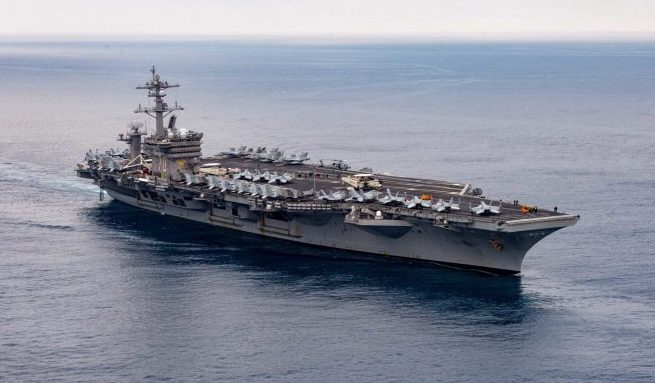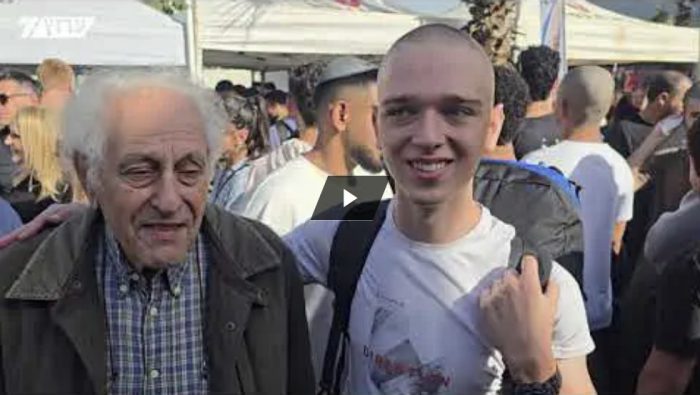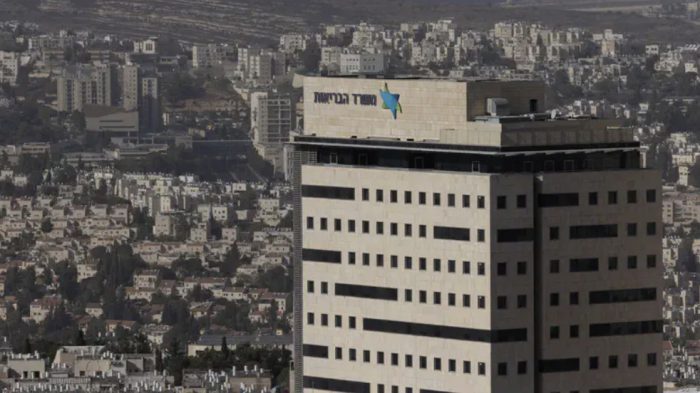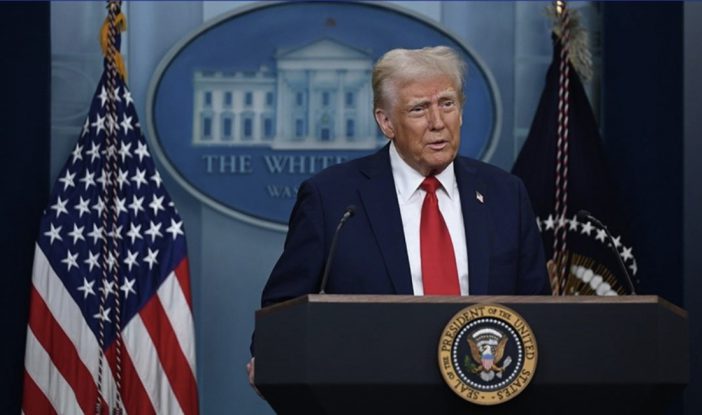America targets another terror-linked dictator while Arab regimes and their allies hypocritically attack Israel’s self-defense.
The United States is preparing to launch a new, more aggressive phase of Venezuela-related operations, four U.S. officials told Reuters—an escalation that marks the Trump administration’s most serious pressure campaign yet against embattled dictator Nicolás Maduro.
Although the exact timeline and scope remain classified, two officials confirmed that covert operations will likely be the opening salvo, signaling a major shift from financial pressure to operational force projection. All four officials spoke anonymously given the extreme sensitivity surrounding the impending actions.
The U.S. military has quietly built up a formidable presence in the Caribbean in recent months, deploying warships, aircraft, special forces elements, and intelligence assets—far beyond what is required for narcotics interdiction. The Pentagon referred questions to the White House, and the CIA declined comment, reinforcing expectations of covert activity.
A senior administration official made clear that President Trump is willing to use every instrument of American power:
“President Trump is prepared to use every element of American power to stop drugs from flooding into our country and bring those responsible to justice.”
The administration has repeatedly accused Maduro of running the Cartel de los Soles, a sprawling narco-terror network responsible for trafficking deadly drugs into the U.S.—charges Maduro denies. Washington will formally designate the cartel as a Foreign Terrorist Organization on Monday, opening the door to expanded military, intelligence, and economic options.
Defense Secretary Pete Hegseth underscored the significance of the designation:
“It brings a whole bunch of new options to the United States.”
According to two officials, one of the options under discussion includes removing Maduro from power—a scenario he has long accused Washington of pursuing. Maduro defiantly insists Venezuelans will resist, even as his hollowed-out military struggles with low pay, failing equipment, and food shortages within the ranks.
While tensions rise, Maduro appeared on Saturday at a premiere of a propaganda TV series about his life—symbolically detached from the crisis gripping the nation. Meanwhile, the FAA issued a stark warning to airlines of a “potentially hazardous situation” over Venezuelan airspace, prompting flight cancellations.
Washington has doubled its reward for Maduro’s capture to $50 million, further tightening the noose.
The U.S. military buildup is unmistakable: the USS Gerald R. Ford, America’s most advanced aircraft carrier, leads a strike group already joined by at least seven warships, F-35 aircraft, and a nuclear submarine. Though publicly described as counter-narcotics operations, the firepower deployed far exceeds that mission’s needs.
U.S. forces have already conducted 21 lethal strikes on drug boats, killing at least 83 traffickers—actions criticized by human-rights groups and some allies as potential extrajudicial killings.
Behind the scenes, Caracas has considered strategies for a U.S. invasion, including a “prolonged resistance” doctrine—guerrilla-style sabotage at more than 280 sites across the country. Years-old planning documents suggest Maduro’s regime has long feared direct U.S. intervention.
Conversations between Washington and Caracas continue, but whether diplomacy can slow the approaching storm remains unclear. What is clear: the U.S. is mobilizing to confront a collapsing narco-dictatorship whose threat has become impossible to ignore.





